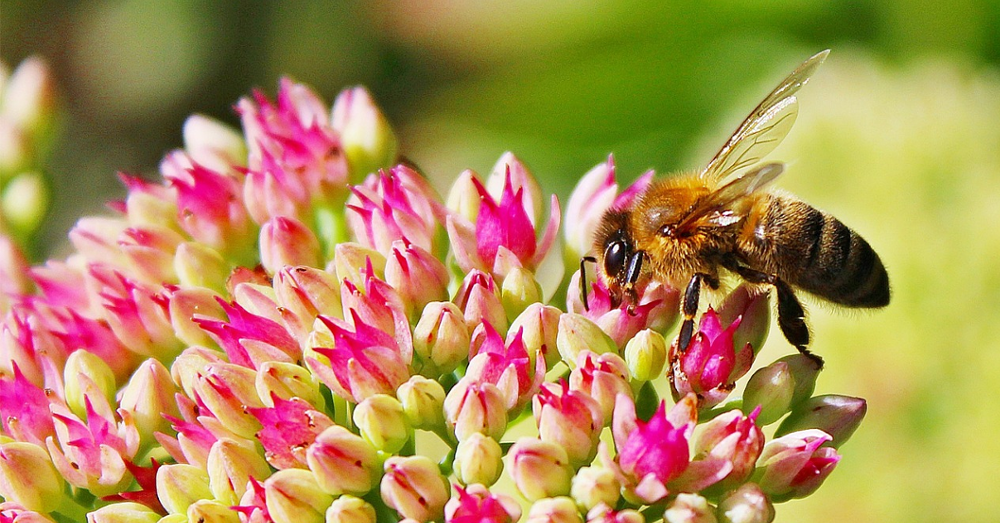
Will the Bayer-Monsanto Merger Further Harm Bees?
Every winter, Minnesota beekeeper Steve Ellis visits California with his hives to pollinate almond trees. But starting about a decade ago, he began to see a sharp uptick in annual hive losses, both among his bees and those of most beekeepers he knew.
"What changed in 2006 is the United States started allowing massive amounts of systemic insecticides to be used on crops," Ellis said. "From a pollinator's perspective, they're a nightmare."
June 13, 2018 | Source: East Bay Express | by Alastair Bland
Environmentalists fear the mega-merger will harm honeybees, food production, and human health.
Every winter, Minnesota beekeeper Steve Ellis visits California with his hives to pollinate almond trees. But starting about a decade ago, he began to see a sharp uptick in annual hive losses, both among his bees and those of most beekeepers he knew.
“We went from an average annual loss of 10 to 15 percent to 40, 50, 60, and 70 percent each year,” he said. To rebuild his colonies each spring before returning home, Ellis had to start buying replacement bees from breeders — now a costly but normal part of maintaining a population. Ellis said he has no doubt that bees are being gravely harmed by insecticides accumulating in our environment.
“What changed in 2006 is the United States started allowing massive amounts of systemic insecticides to be used on crops,” Ellis said. “From a pollinator’s perspective, they’re a nightmare.”
